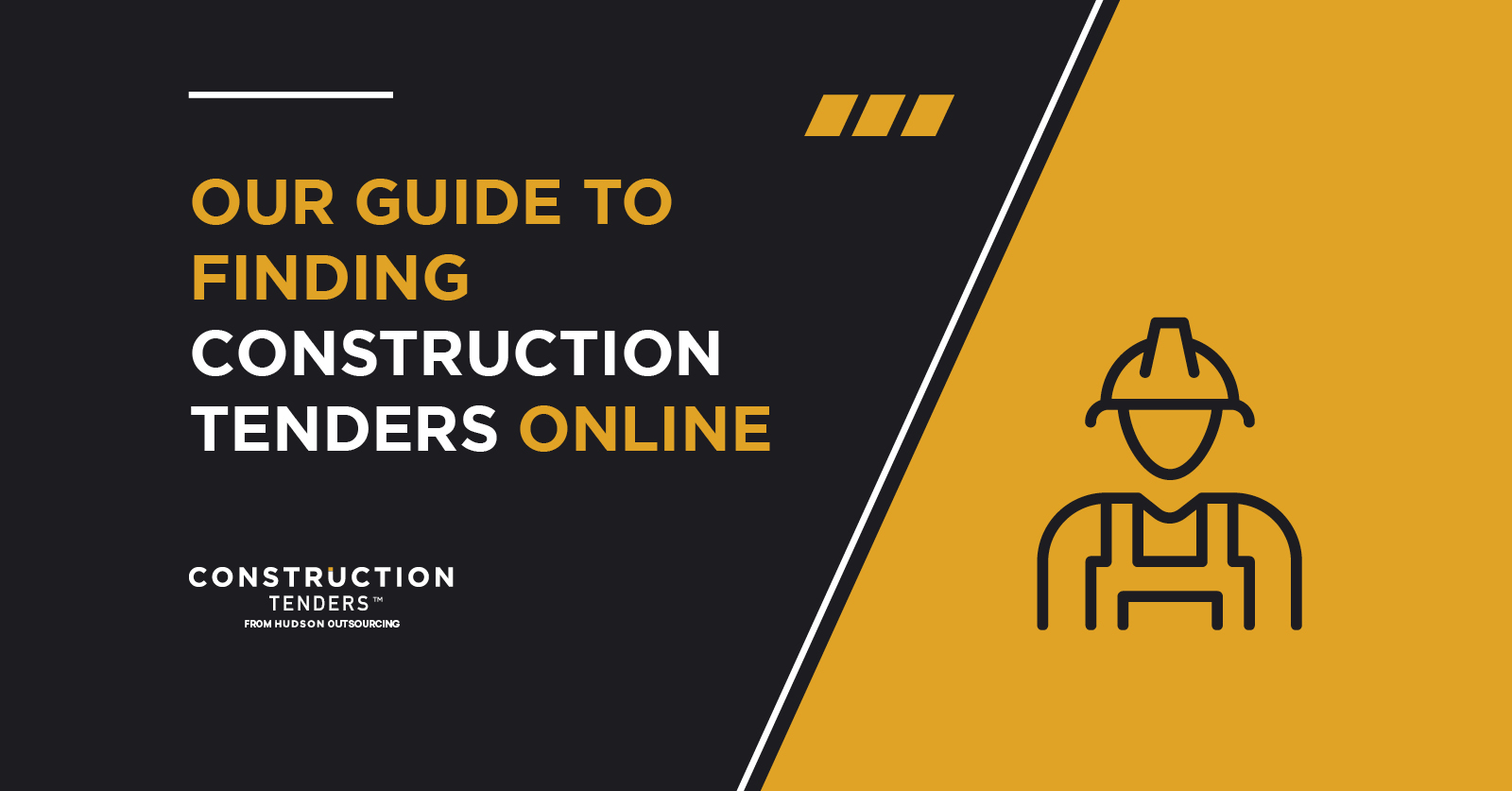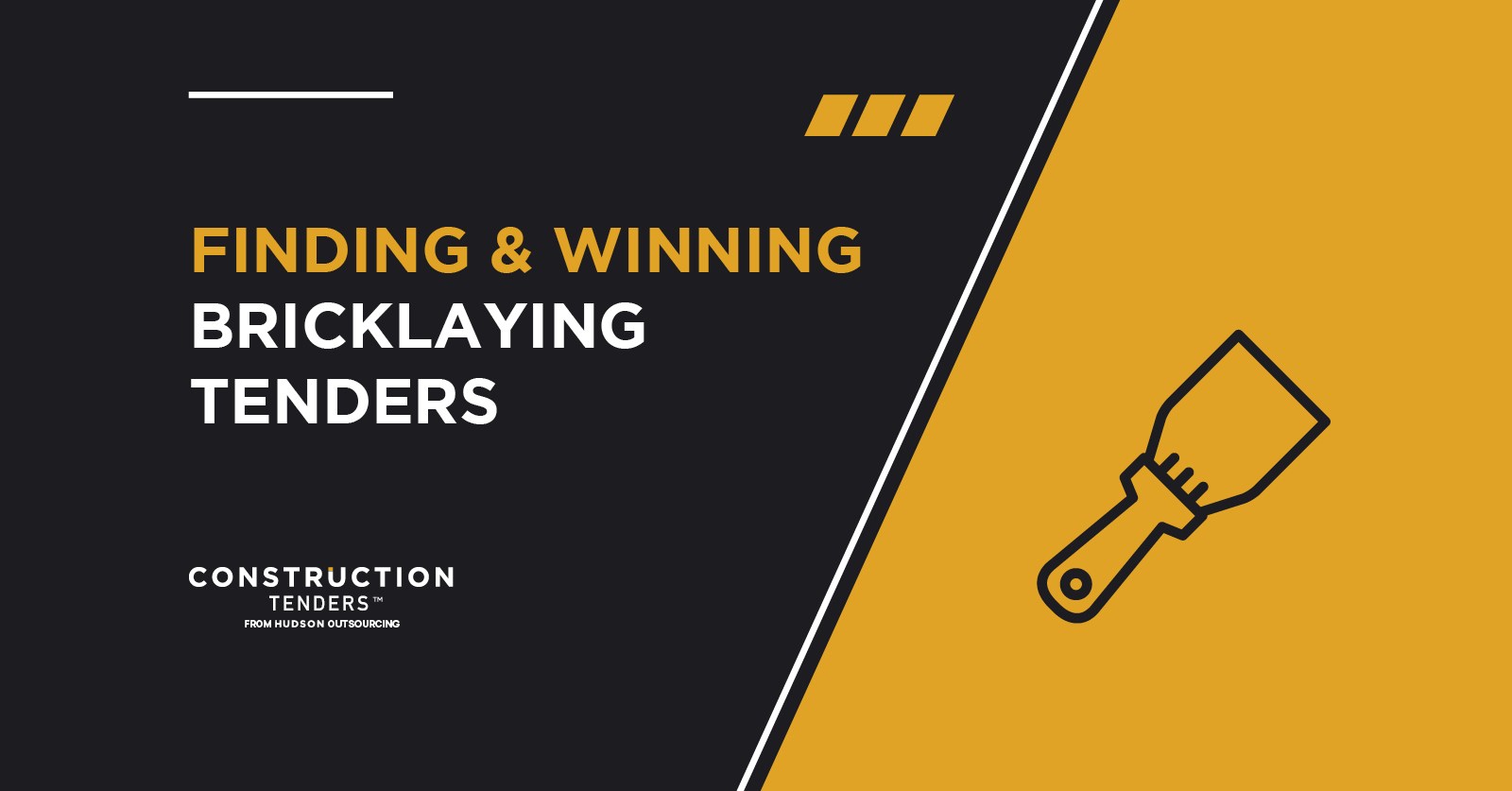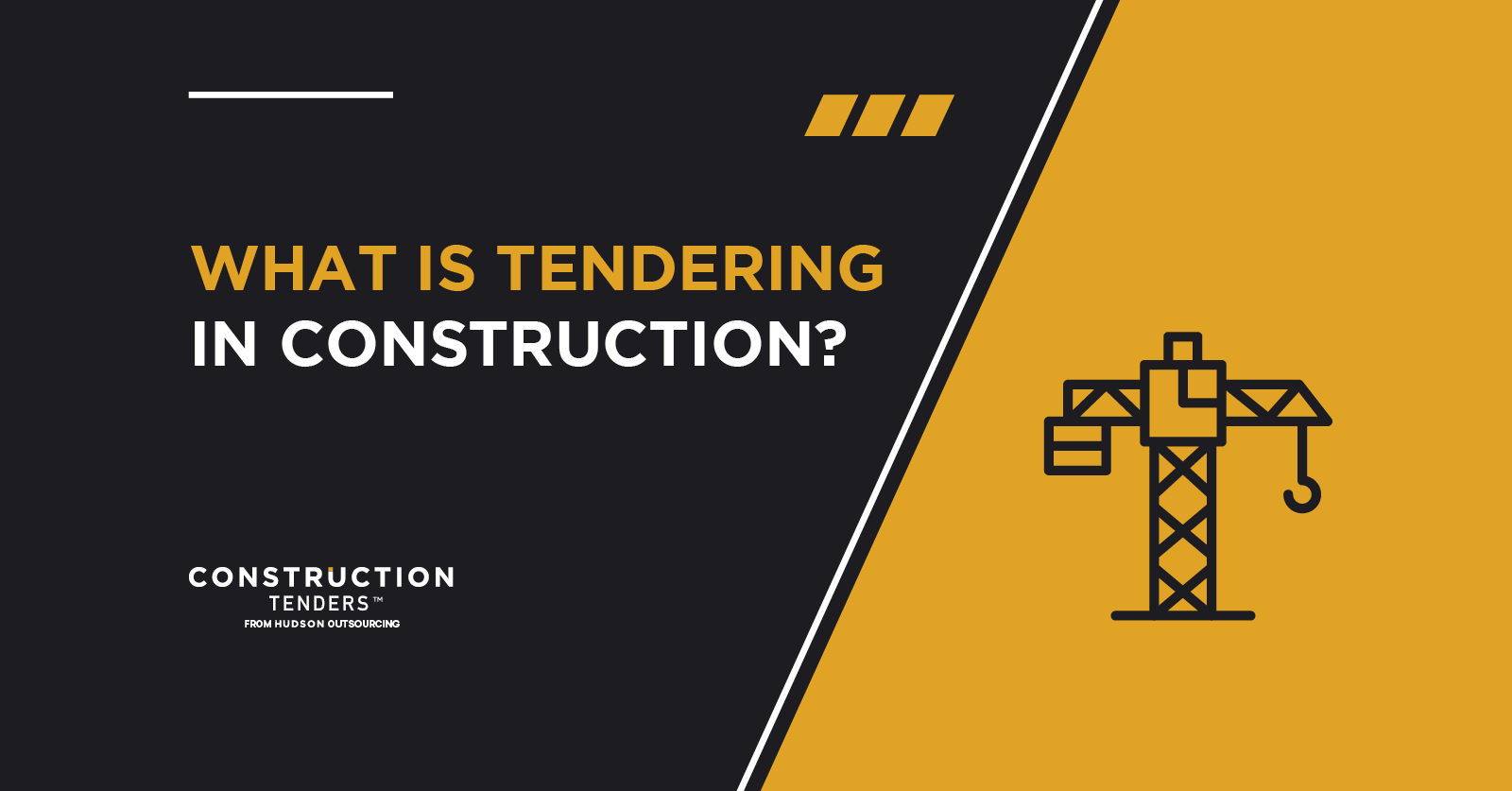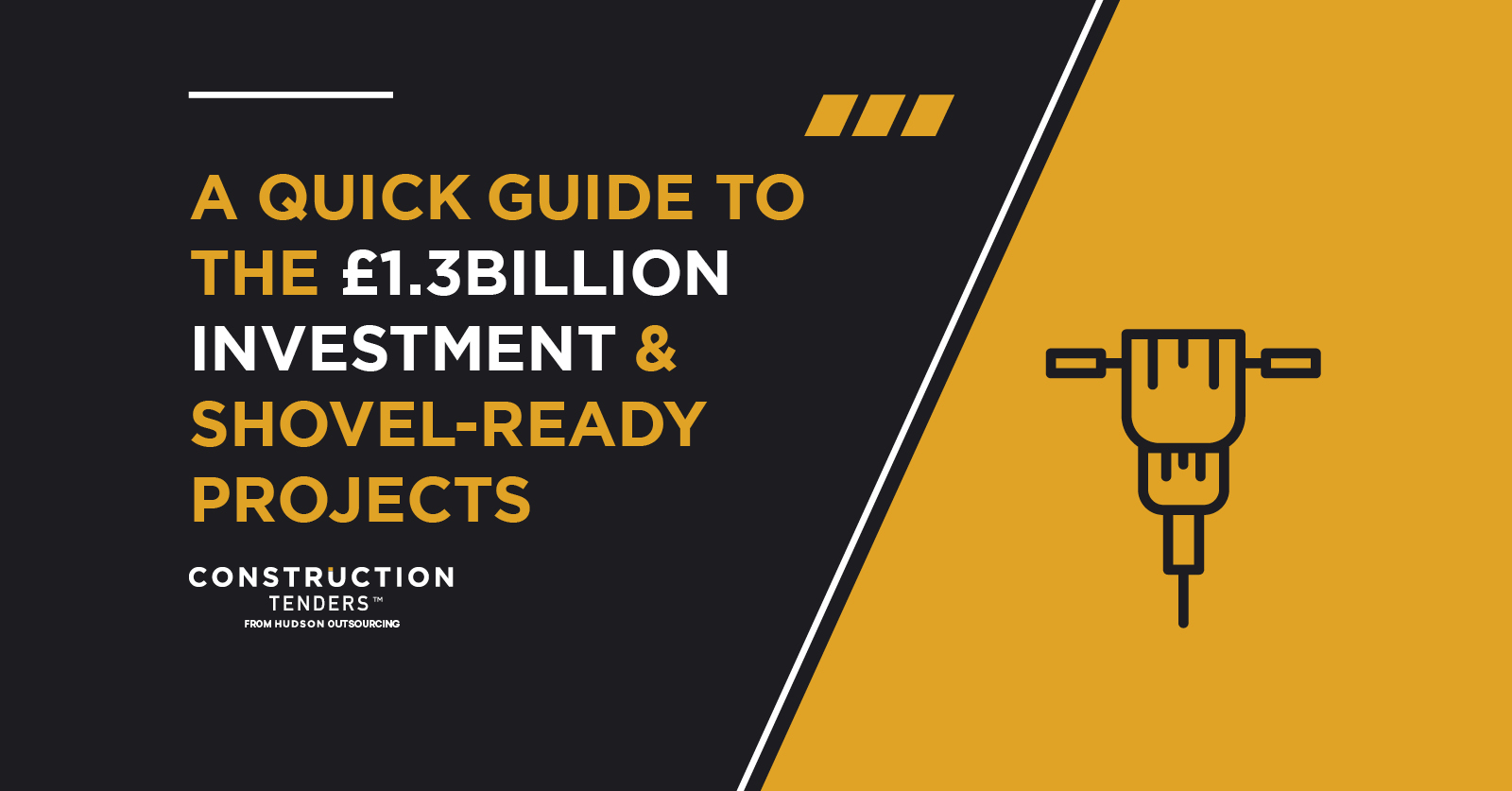Introduction
The construction industry has long relied on traditional tendering methods, involving manual processes, paperwork, and time-consuming evaluations. However, artificial intelligence (AI) and technology are revolutionizing the way businesses approach construction tenders. From automating bid tracking to enhancing decision-making, AI-driven solutions are making tendering more efficient, accurate, and competitive.
In a highly competitive industry, staying ahead requires leveraging cutting-edge technologies that streamline tender identification, submission, and management. A construction bid tracking system equipped with AI capabilities can help businesses stay informed about upcoming tenders, assess eligibility, and improve their chances of securing contracts.
This blog explores how AI and technology are transforming the construction tendering process and why businesses must embrace digital solutions to remain competitive.
The Challenges of Traditional Construction Tendering
Before delving into how AI is reshaping construction tendering, it’s essential to understand the limitations of traditional methods. Some of the most common challenges include:
- Time-Consuming Processes: Manually searching for tenders, reviewing documents, and preparing submissions can take weeks, delaying business growth opportunities.
- Human Errors: Misinterpretation of tender requirements, missing deadlines, or incorrect cost estimations can result in bid rejections.
- Lack of Data-Driven Insights: Many companies rely on intuition rather than data analytics to determine which tenders to pursue, leading to inefficient resource allocation.
- Inefficiencies in Collaboration: Traditional tendering involves multiple stakeholders working across departments, often leading to miscommunication and delays.
AI and technology address these challenges by streamlining the entire process, enhancing accuracy, and providing valuable insights for better decision-making.
How AI & Technology Are Transforming Construction Tendering
1. AI-Powered Tender Discovery and Bid Tracking
One of the biggest challenges in construction tendering is identifying relevant opportunities before competitors do. AI-driven bid tracking systems:
- Scan thousands of tender databases to identify relevant projects based on location, expertise, and budget.
- Provide real-time alerts about new tenders, ensuring businesses never miss an opportunity.
- Analyze past tender data to predict future bidding trends and provide strategic recommendations.
Using a bid tracking system eliminates the need for manual tender searches, allowing businesses to focus on preparing winning bids instead.
2. Automated Prequalification and Compliance Checks
AI ensures businesses only bid for tenders where they meet eligibility criteria. Through automated compliance checks, technology can:
- Verify certifications, licenses, and financial stability.
- Match company experience with tender requirements.
- Identify red flags that may indicate potential risks.
This reduces the chances of bidding on unsuitable tenders and increases the probability of success.
3. AI-Driven Bid Writing Assistance
Writing a compelling bid proposal is critical to winning contracts. AI-powered tools assist in:
- Generating well-structured bid responses by analyzing successful past proposals.
- Ensuring alignment with evaluation criteria, improving compliance and scoring.
- Identifying key value propositions that set a company apart from competitors.
AI-assisted bid writing improves the quality of submissions, making them more persuasive and tailored to client needs.
4. Enhanced Cost Estimation and Risk Assessment
Accurate cost estimation is crucial in construction tenders to avoid financial losses. AI-driven cost analysis tools help by:
- Analyzing historical project data to provide precise pricing models.
- Identifying potential cost overruns based on risk assessment algorithms.
- Offering insights on competitor pricing strategies, helping businesses remain competitive.
By leveraging AI for cost estimation, businesses can create more competitive yet profitable bids.
5. Blockchain for Transparency and Security
Blockchain technology is emerging as a game-changer in construction tendering by ensuring:
- Tamper-proof documentation to prevent fraud.
- Transparent bidding processes, reducing corruption and favoritism.
- Smart contracts that automate contract execution once bid conditions are met.
With blockchain, both buyers and suppliers benefit from increased trust and security in the tendering process.
6. Digital Collaboration and Cloud-Based Bid Management
AI-powered cloud platforms allow seamless collaboration between different teams working on a tender submission. Benefits include:
- Real-time document sharing to ensure all stakeholders access the latest versions.
- Task automation for bid proposal preparation, reducing manual workload.
- Centralized dashboards to track progress and deadlines, minimizing the risk of missed submissions.
With cloud-based solutions, teams can work more efficiently, ensuring timely and high-quality bid submissions.
7. Predictive Analytics for Strategic Decision-Making
Predictive analytics enables businesses to make data-driven bidding decisions by analyzing:
- Success rates of past bids to determine factors that contribute to winning tenders.
- Market trends to identify emerging opportunities in construction.
- Competitor activity to refine bidding strategies.
By leveraging AI-driven analytics, businesses can focus on tenders with the highest probability of success.
The Benefits of AI & Technology in Construction Tendering
1. Increased Efficiency
AI automates repetitive tasks such as tender searches, document reviews, and compliance checks, significantly reducing the time required for bid preparation.
2. Improved Accuracy
AI minimizes human errors by ensuring compliance with tender requirements, accurate cost estimation, and well-structured bid proposals.
3. Competitive Advantage
With AI-driven insights, businesses can make strategic decisions, improve bid quality, and outmaneuver competitors.
4. Cost Savings
Automation reduces labor costs, and accurate pricing models prevent underbidding or overbidding, ensuring financial sustainability.
5. Greater Transparency
Blockchain and AI improve the fairness and security of the tendering process, promoting ethical bidding practices.
How a Construction Bid Tracking System Enhances AI Adoption
To fully leverage AI and technology in construction tendering, businesses need a reliable bid tracking system. A modern construction bid tracking system:
- Uses AI to scan thousands of tenders daily and deliver relevant opportunities.
- Provides automated alerts on new projects that match your business profile.
- Integrates predictive analytics to help businesses decide which tenders to prioritize.
- Ensures document compliance to reduce errors and improve bid success rates.
By adopting a construction bid tracking system, businesses can streamline tendering, reduce workload, and improve their chances of winning high-value contracts.
Conclusion
AI and technology are transforming the construction tendering process, making it more efficient, accurate, and competitive. From AI-powered bid tracking to blockchain security, digital innovations are helping businesses secure contracts faster and with greater precision.
Embracing AI-driven solutions is no longer optional—it’s a necessity for companies looking to thrive in the evolving construction industry. With a construction bid tracking system, businesses can leverage technology to find the best tenders, automate bid management, and gain a strategic edge over competitors.
As the construction sector continues to evolve, companies that invest in AI and bid tracking tools will be best positioned to secure profitable contracts and achieve long-term success.








